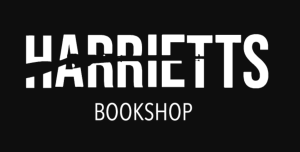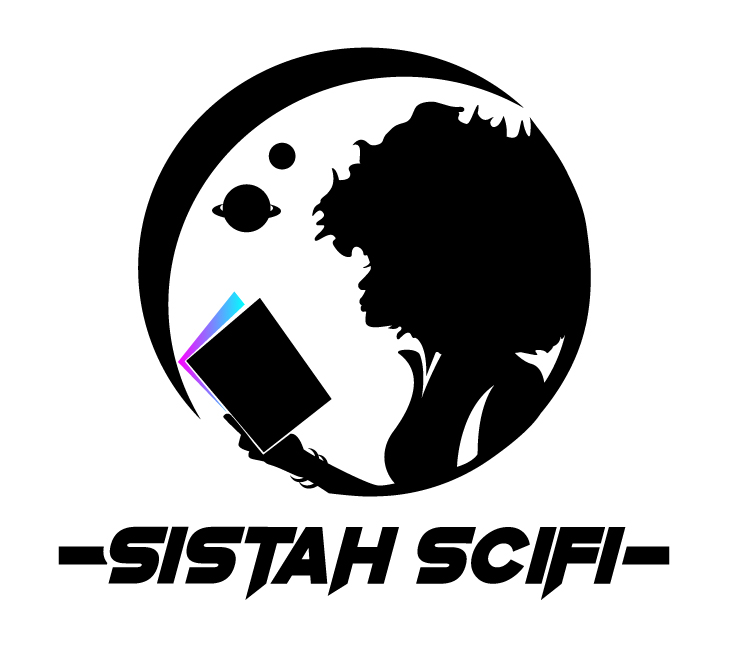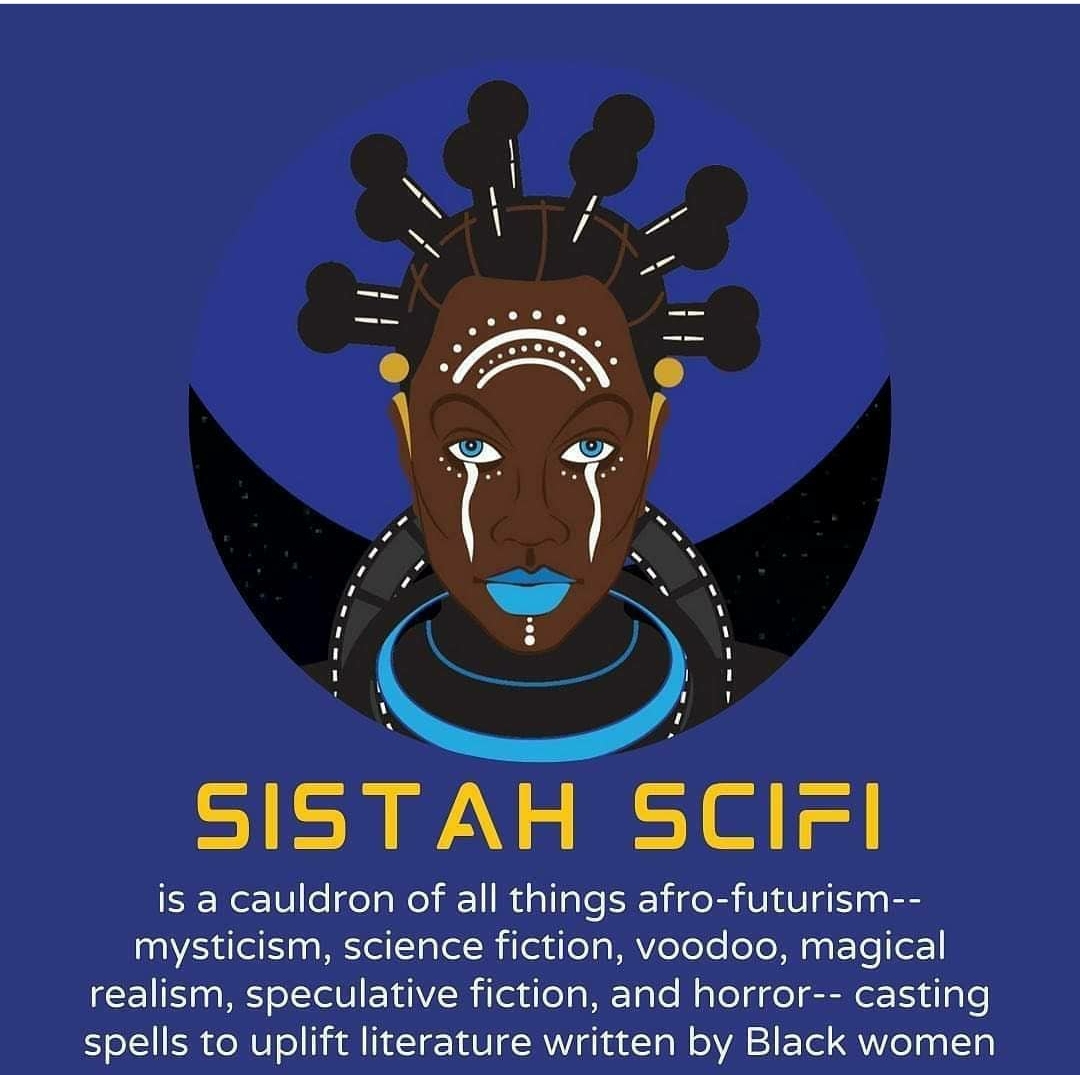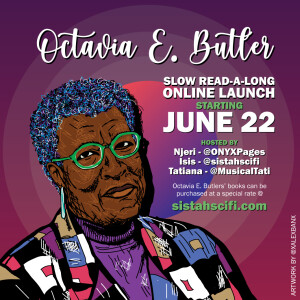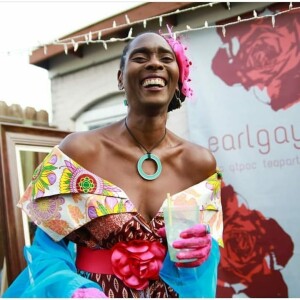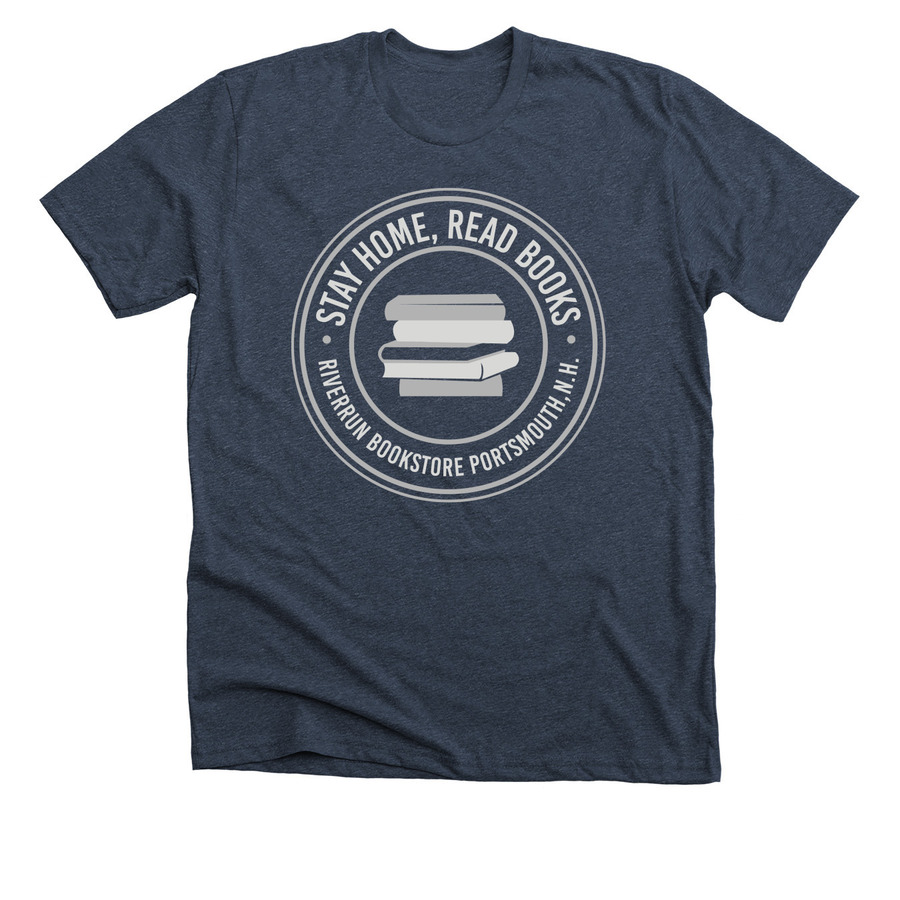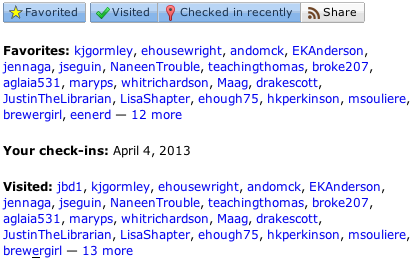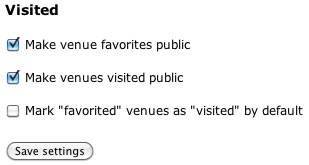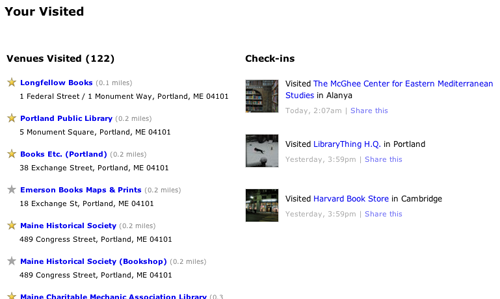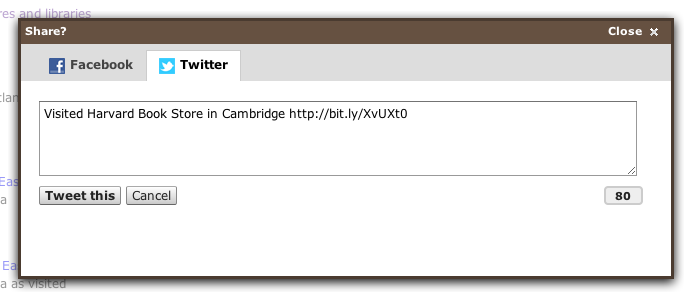LibraryThing is interviewing people in the book industry who are affected by current events. This month, we caught up with Jeannine Cook of Harriet’s Bookshop, which celebrates women authors, artists, and activists.
1) What is Harriet’s Bookshop and how did you get the idea for a bookshop like it?
Our mission is to celebrate women authors, women artists, and women activists. We’re named after Harriet Tubman, a profoundly influential woman abolitionist, activist, and writer. We are located in Fishtown, Philadelphia, and online.
2) What do you think is the purpose of a specific bookstore over a more general one?
Toni Morrison said that if you don’t see the book you want to read, and it hasn’t been written yet, then you have to write it yourself. I had never seen a bookstore full of Black women, Black authors, Black women activists, Black mothers. A bookstore that celebrated these women’s work and histories and passions. So, I made one. People told me not to go this niche—that I would limit my potential audience—but I’m happy to say that hasn’t turned out to be true.
3) How has COVID-19 changed business for Harriet’s Bookshop?
We actually opened our doors on Feb 01, 2020, then closed due to the virus in mid-March: so we were only formally open six weeks. It’s been a lot of continual adjusting. We moved our collection online for orders, and also have pivoted to figuring how to put the furniture of our store outside on the sidewalk for physical sales a few days a week. Also we increased communication with customers online. A lot of pivoting.
4) If you could summarize your bookshop in a few books, what would they be?
First, I would say Bound for the Promised Land: Harriet Tubman: Portrait of an American Hero by Kate Clifford Larson. It’s one of the best biographies of her. Larson’s in-depth research is impeccable.
Next, Toni Morrison’s Beloved. She asks what freedom is, what it really means. Through deep questions and an intense narrative, Morrison asks what freedom is in the context of the choice of slavery or death.
And a more recent book: Brit Bennet’s The Vanishing Half. This book is about the questions we have when creating ourselves, our identities: racial identity, gender identity, political identity, all identities. I think if people come into the bookshop and end up asking more questions than finding answers, that is a good thing.
5) How is your personal library organized?
It’s minimalist and rotating. I’m very much not a book hoarder, which people have questions about because I have a bookshop, but that’s what I like: having just what I’m reading out to view. What you see are the books I’ve rotated to read soon, not the whole collection.
6) What are you personally reading lately?
The book that is really staying with me these days is Colson Whitehead’s The Nickel Boys. In the same way that we now look back at slavery—particularly chattel slavery in this country—and ask how was that allowed to continue, how did people not just stop it, Whitehead’s book asks that of us and our issues right now. When our grandchildren look back at now, they will ask how putting children in jail is still allowed, how it is still happening and no one is stopping it. The Nickel Boys asks that question with this book. It’s easy for people to buy a book, read it, and then move on, but I don’t understand how anyone does that with this one. How do you just move on to the next book after The Nickel Boys?



